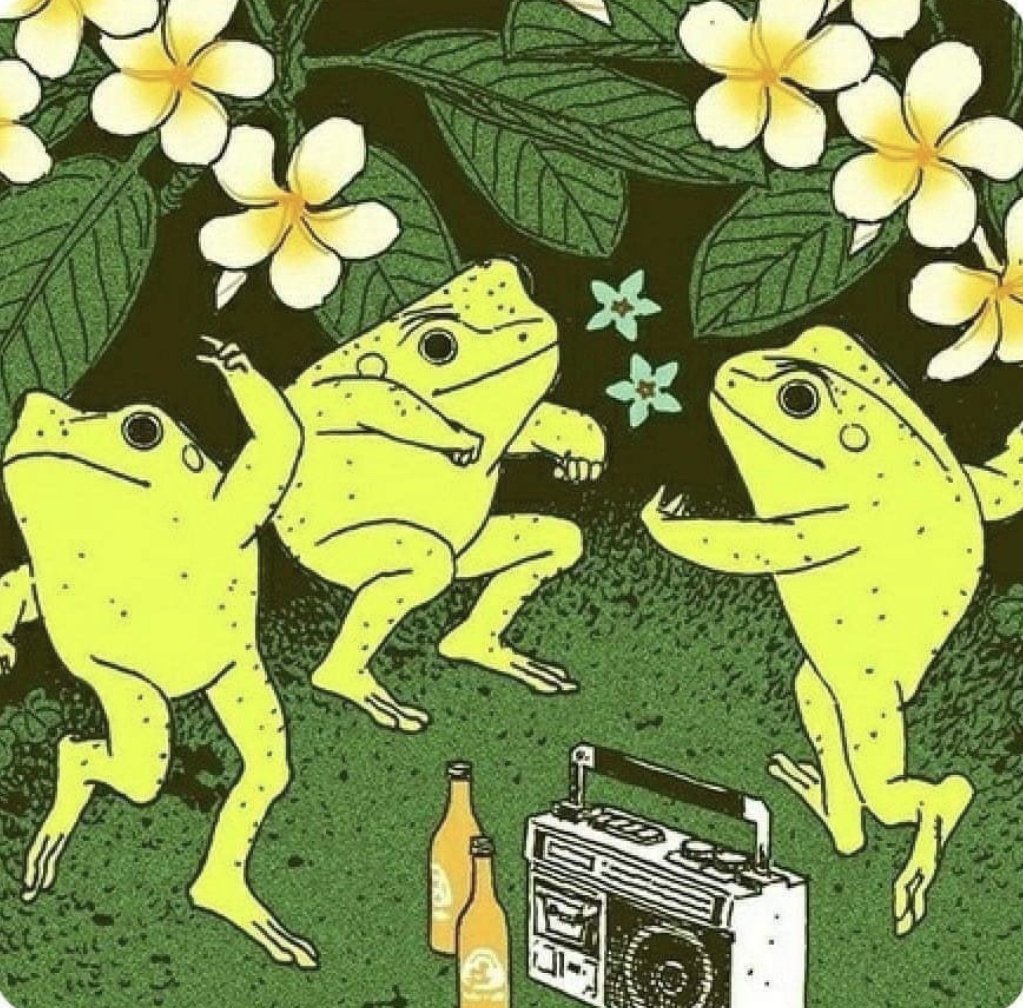

I don’t think Sekiro is more forgiving necessarily, but it’s a very tight and precise game so it’s easier to catch onto the timing and feels satisfying to do, never like “I should have been able to hit that, my gun didn’t shoot :(“ I would say Elden Ring is a lot easier than Sekiro though.






Oh yeah I didn’t do a ton of parrying in Elden Ring, I just found it an easier game overall because you have so many options for weapons and play styles, and more opportunities to overlevel if you want to. In Elden Ring making use of things like bleed and rot or even just a big old bashing club can really turn things in your favour